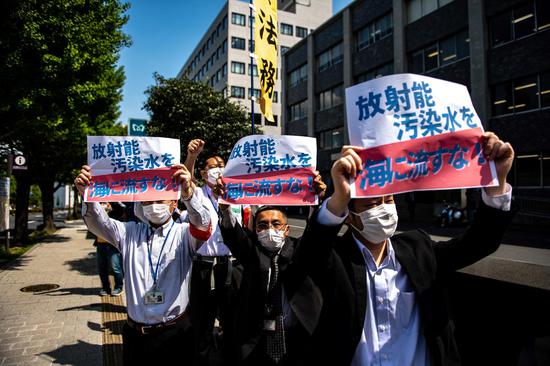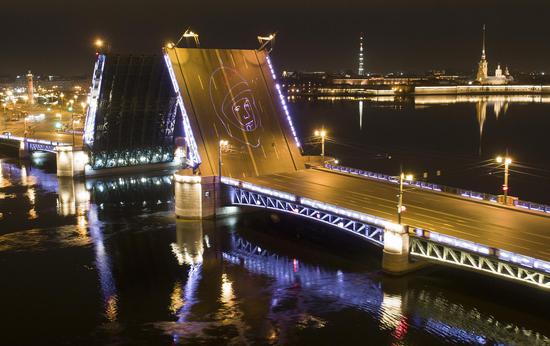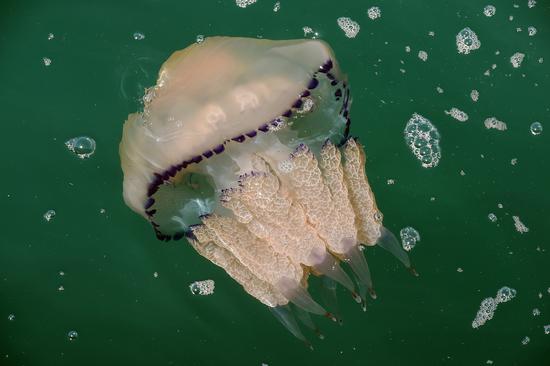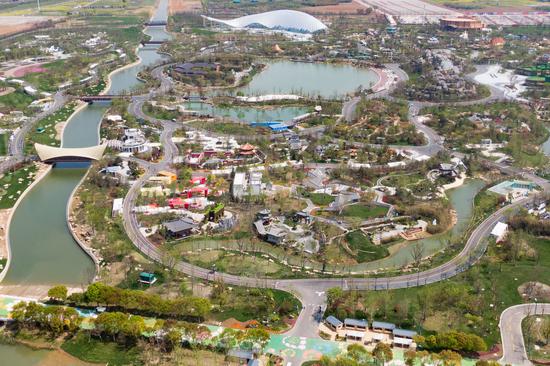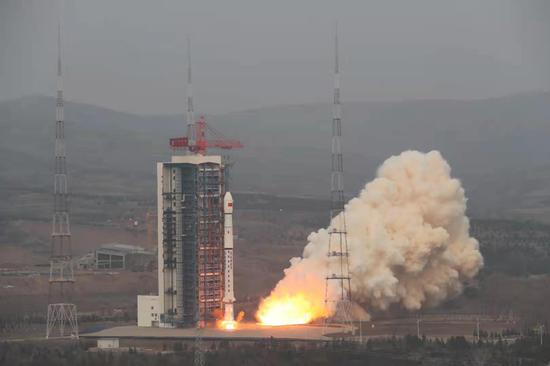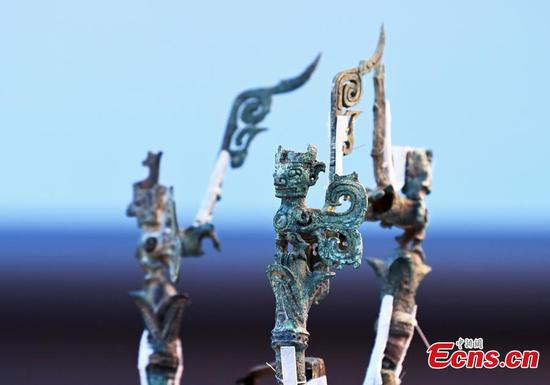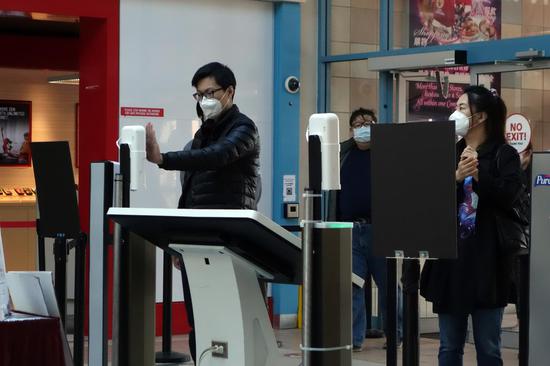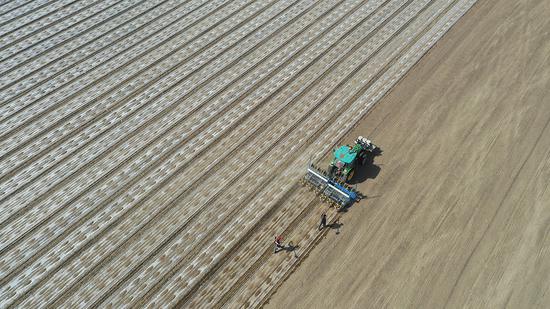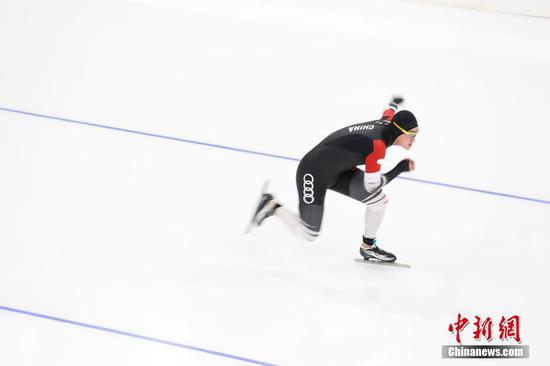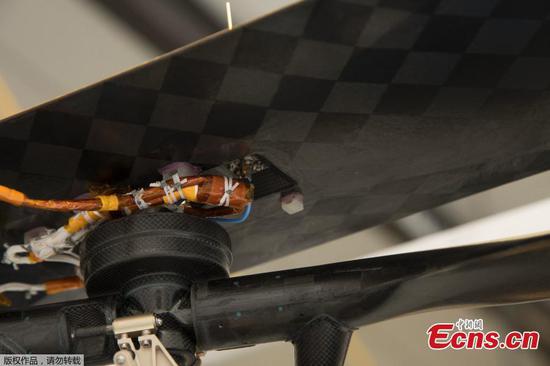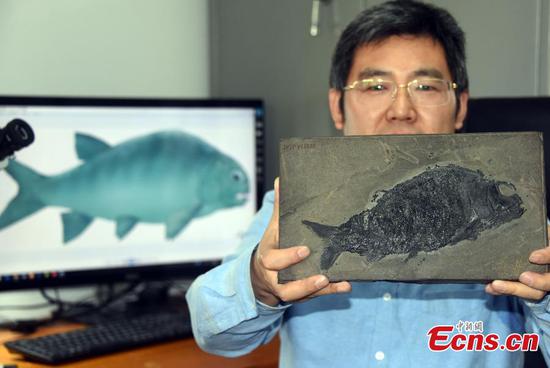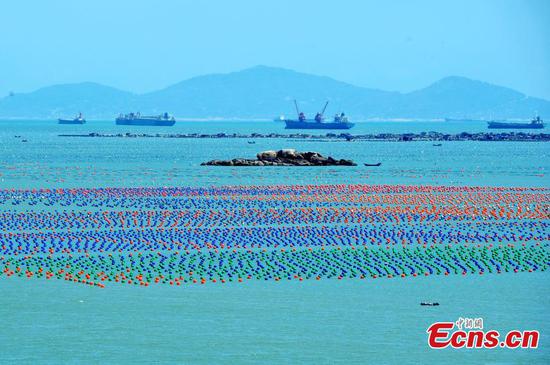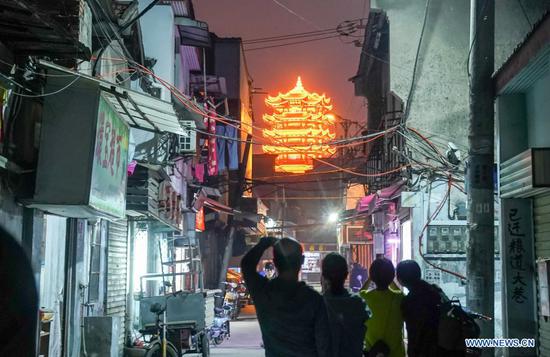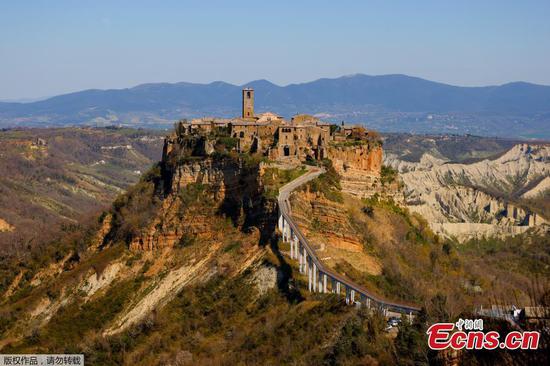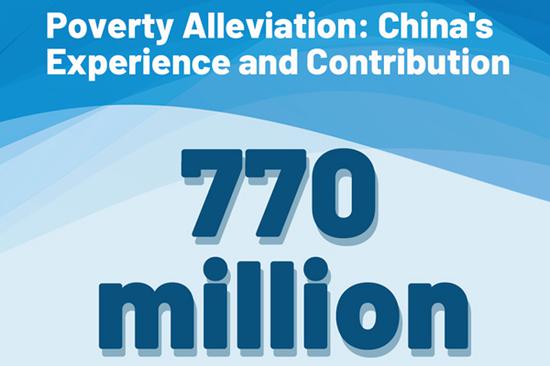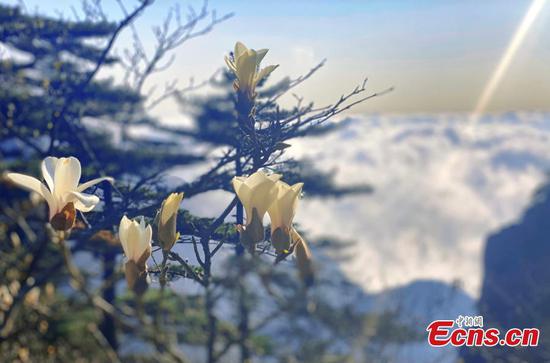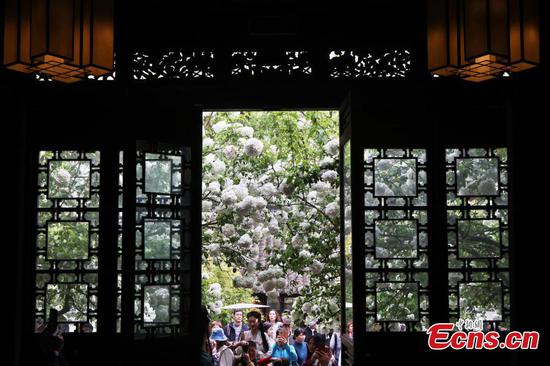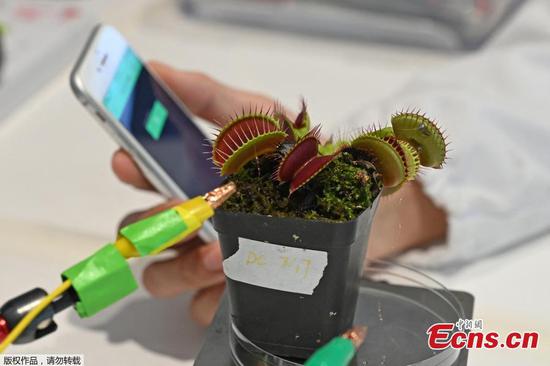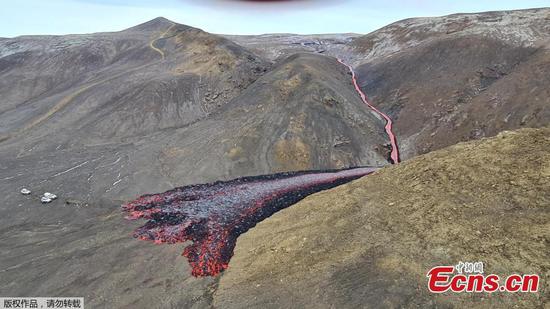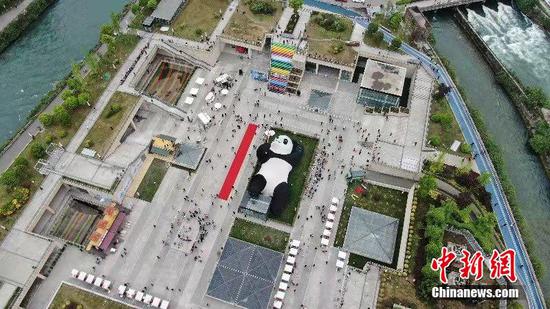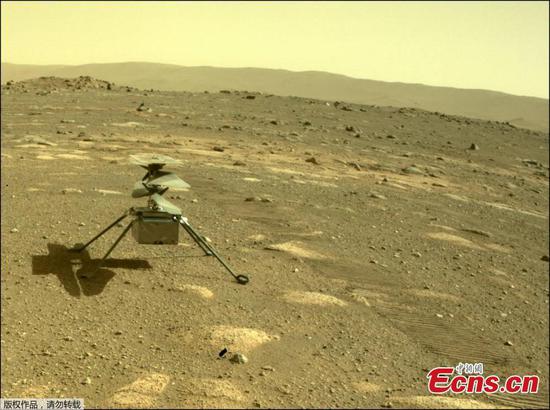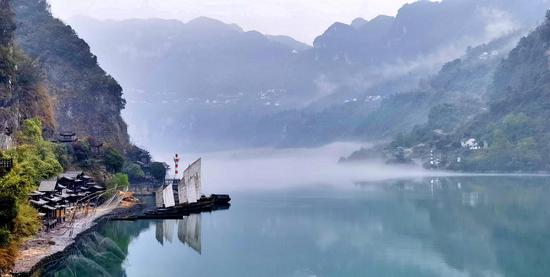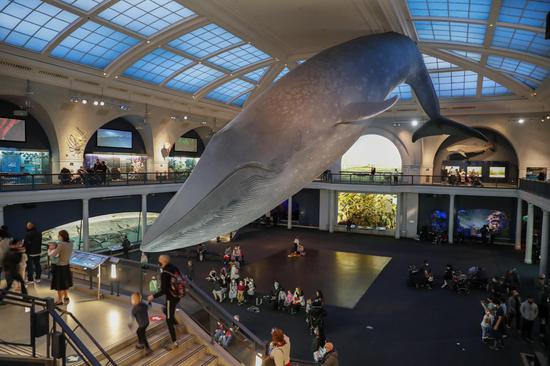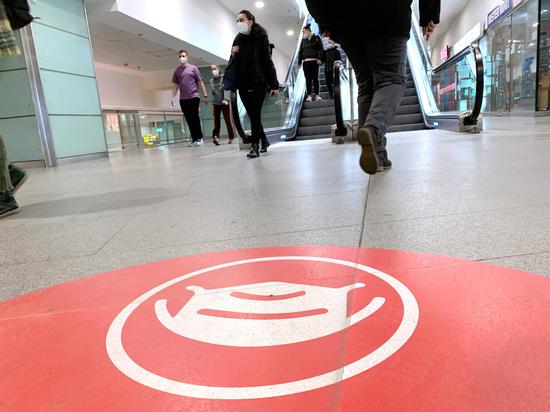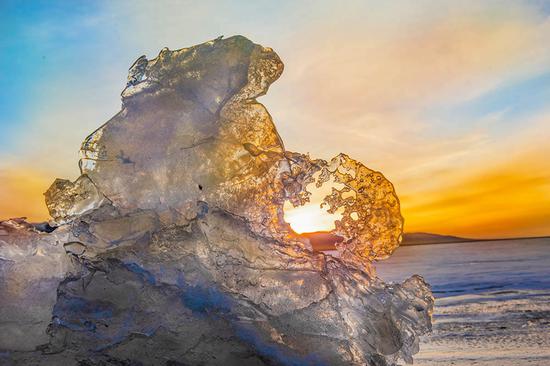Japanese Prime Minister Yoshihide Suga said on Tuesday that his government has decided to discharge contaminated radioactive wastewater in Fukushima Prefecture into the sea amid domestic and international opposition.
Suga made the announcement after convening a meeting of relevant ministers to formalize plans to release the radioactive water accumulated at the plant into the Pacific Ocean.
The Fukushima Daiichi nuclear plant has been generating massive amount of radiation-tainted water since the accident triggered by the massive 2011 earthquake and tsunami as it needs water to cool the reactors.
The plant's operator Tokyo Electric Power Company Holdings Inc. said it will take around two years for the release to start.
The water, according to reports, has been treated using an advanced liquid processing system, or ALPS, to remove most contaminants. However, things like tritium, a radioactive byproduct of nuclear reactors, are hard to filter out.
The plant has been struggling to store the contaminated water in tanks at the plant where more than 1.25 million tons of contaminated water are currently stored in huge tanks, and the space is expected to reach capacity next year.
Japan had considered evaporating or storing underground the tritium-laced water from the plant as an alternative. However, from the perspective of cost and technical feasibility, the Japanese government decided to dilute the contaminated water and discharge it into the sea.
The plan is not only facing strong opposition from the Japanese fishery industry and the public, but also concerns and doubts from neighboring countries about possible negative impact on people's health and fishery businesses.
South Korea on Monday voiced "grave concerns," with foreign ministry spokesman Choi Young-sam saying "It will be difficult to accept if the Japanese side decides to release the contaminated water from the Fukushima nuclear power plant without sufficient consultations."









